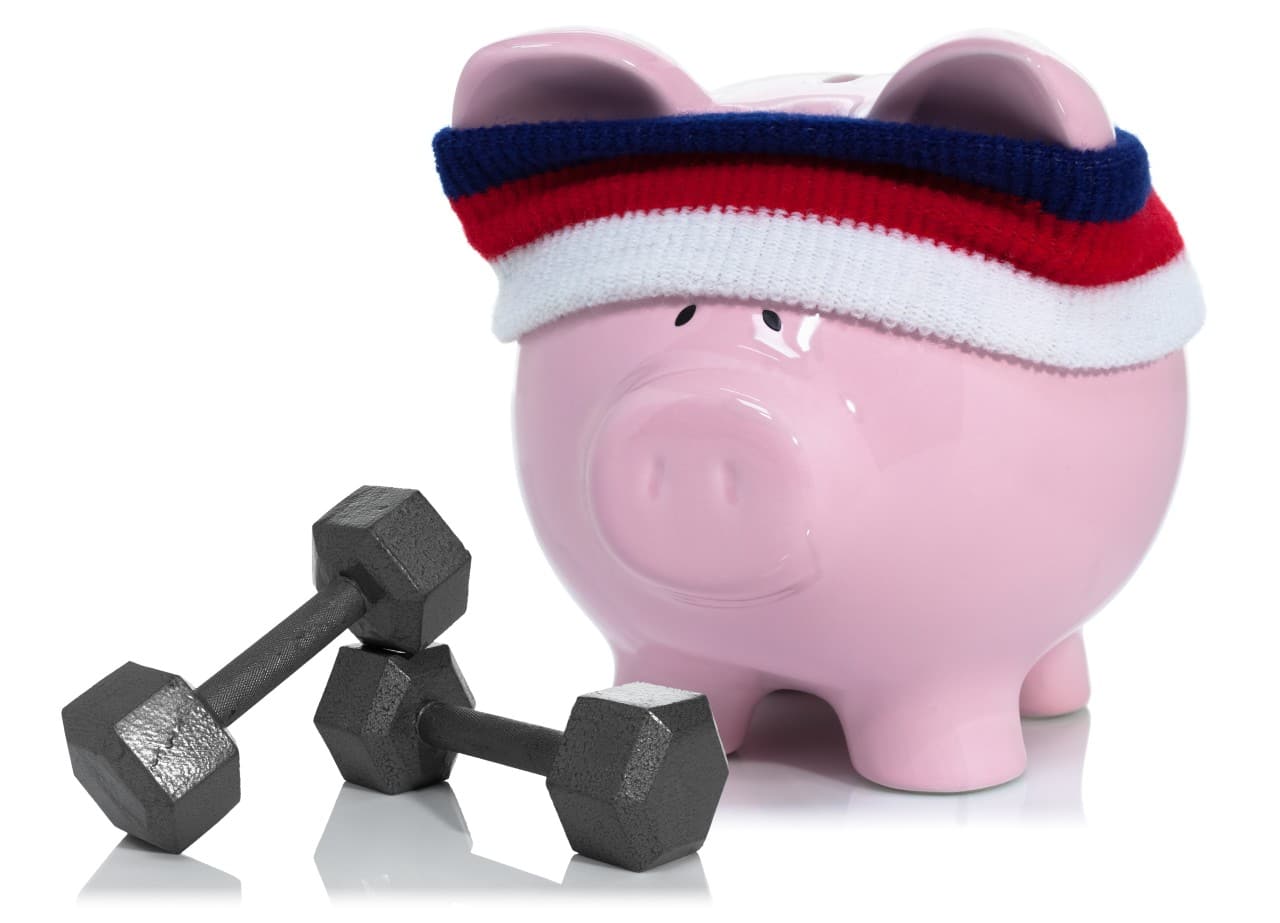Spending money is a huge part of our economy. You work to earn money and then spend it on bills, make day-to-day purchases, and save some. Ideally, you have enough extra cash to do a little impulse buying here and there without hurting your budget.
A survey conducted by the Canadian Payroll Association revealed a startling statistic. Nearly half of Canadian workers, 47%, are living paycheck to paycheck. You can’t help but wonder—is impulse purchase behaviour to blame?
What is Impulse Buying?
Clinical Marketing Professor, Denis Rook, has done extensive research into impulse buying. He defines impulse buying as, “an impulse purchase occurs when someone feels like they must buy something immediately.” Or, put simply, an impulse purchase happens when you buy something you weren’t planning to. Meta analytical reviews support his theories.
This type of effective impulse buying may overcome your cognitive ability to think and reason. You may fear missing out if you pass on an impulse purchase. So much so, that past impulse purchase regrets may not even come to mind in these moments.
Consumer spending is primarily based on wants and needs. You need to buy groceries to feed your family, but you want to buy particular grocery items based on personal preferences. Remember that there is a difference between buying something you want and buying something on impulse.
If you include cookies in your grocery budget, buying cookies isn’t an impulse purchase. However, if you go to the store specifically to purchase diapers and end up buying other items, those “extras” may qualify as impulse purchases.
What Causes Impulse Buying?
Some people have a greater impulse buying tendency than others. Still, some common factors increase your chances of impulse spending. For example, shopping in an online store may make you more likely to spend extra. Online stores often have coupons or discounts that you can only use if you spend a certain amount. These tactics can drive you to spend more than you were planning to.
Shopping in a physical store can lead to impulse purchases based on the store atmosphere. Store owners often place items strategically near checkout lines. As you wait to pay for your items at the register, you may pick up other things you weren’t looking for.
Other things that encourage impulse buying include:
- Access to credit cards
- Not creating or sticking to a budget
- Signing up for a free trial or using BNPL (buy now, pay later) services
- Store associates cross-selling or upselling
- Advertisements that expose you to new products or services
Effects of Impulse Purchases
Excessive impulse purchases can lead to regret over time. You’ve spent too much money, and your home is cluttered. The initial adrenaline of making an exciting purchase wears off. You don’t like the item as well as you thought, or it doesn’t work as promised. When you open your credit card statement, you realize that your debt has snowballed beyond your control.
A pattern of making impulse purchases can also lead to altered mood states that are detrimental to your mental health. You experience the “high” of making a fun purchase. Over time you may subconsciously seek that same feeling by making more significant impulse purchases. But the low you feel when you regret making a purchase later is just as difficult to overcome.
Tips to Stop Impulse Buying
If you’re aware that impulse buying is a problem, you can take steps to protect yourself from impulse purchases. It can be challenging to overcome the desire to make an impulse purchase when you’re in the moment. Instead, take steps ahead of time to lessen the chances of buying impulsiveness.
Examples of ways to avoid impulse purchases include:
- Leaving credit cards at home or locked away
- Making a budget for each shopping trip and sticking to it
- Avoiding shopping when you are emotional
- Taking only as much cash as you will need to a store
- Sticking to your goals and tracking your goal progress
- Having an accountability partner who supports you and keeps you accountable
Take Back Control
Consumer motivations to make an impulse purchase are strong when in the moment. You’re experiencing an adrenaline rush, and the truth is that it feels good. But seeking that feeling again and again can stimulate impulses that become difficult to control. Amazing things happen when consumer motivations shift. It’s time to stop chasing that adrenaline rush and instead pursue consistency.
You can take back control if you have a tendency toward impulse buying. It’s possible to change your mindset and habits no matter how deep you are in debt or how much it feels like impulse spending has taken over your life. Contact us if impulse buying has put you in debt and you need help getting your finances back on track.





